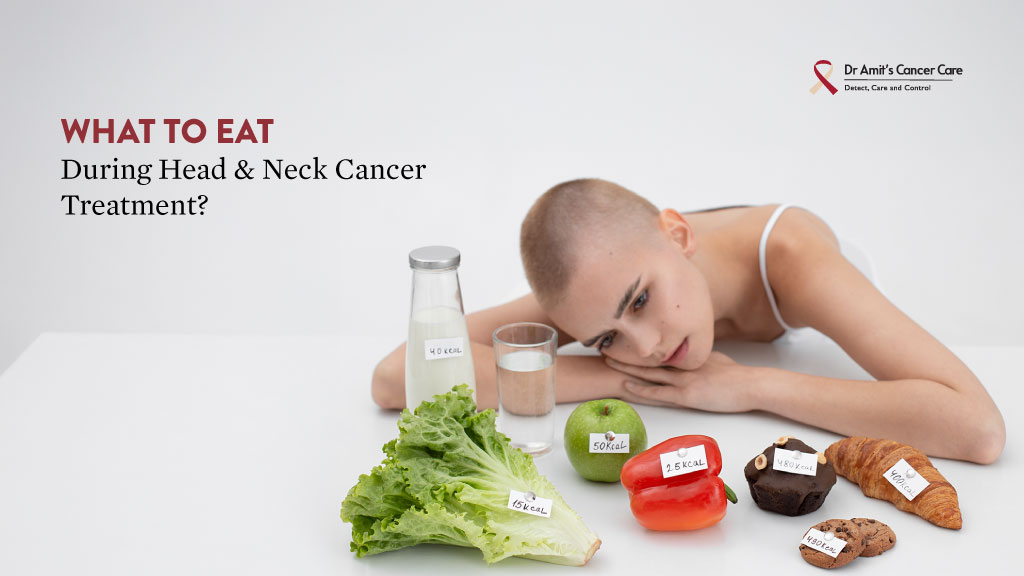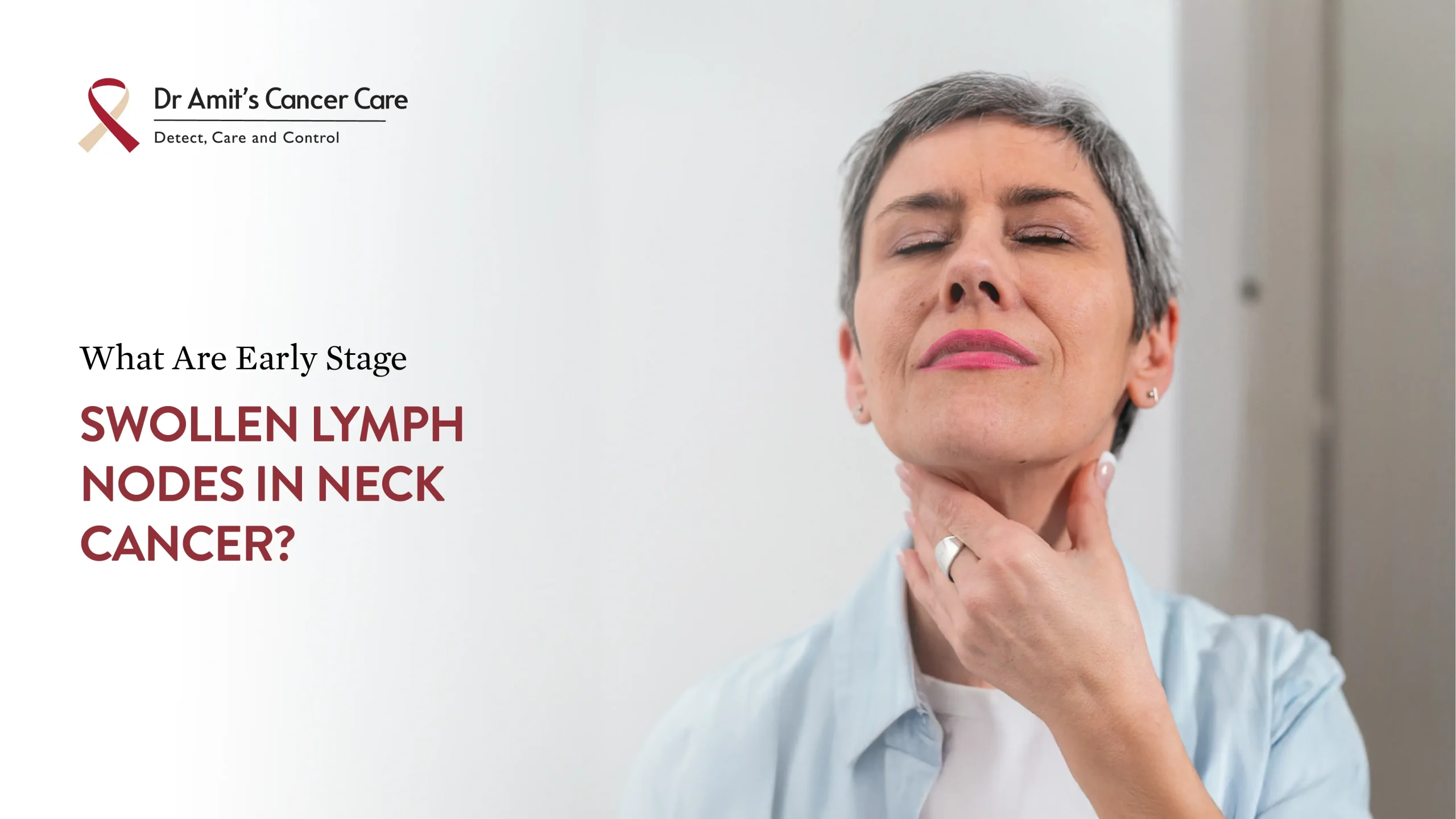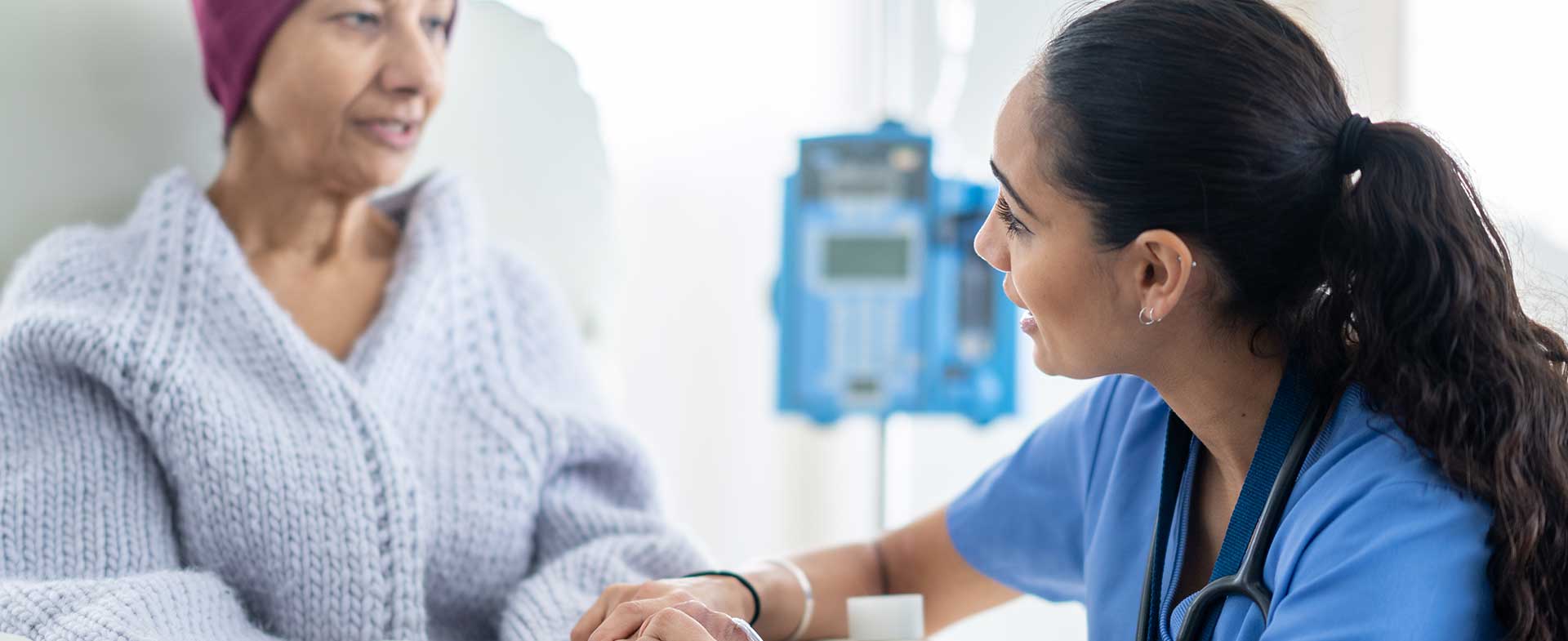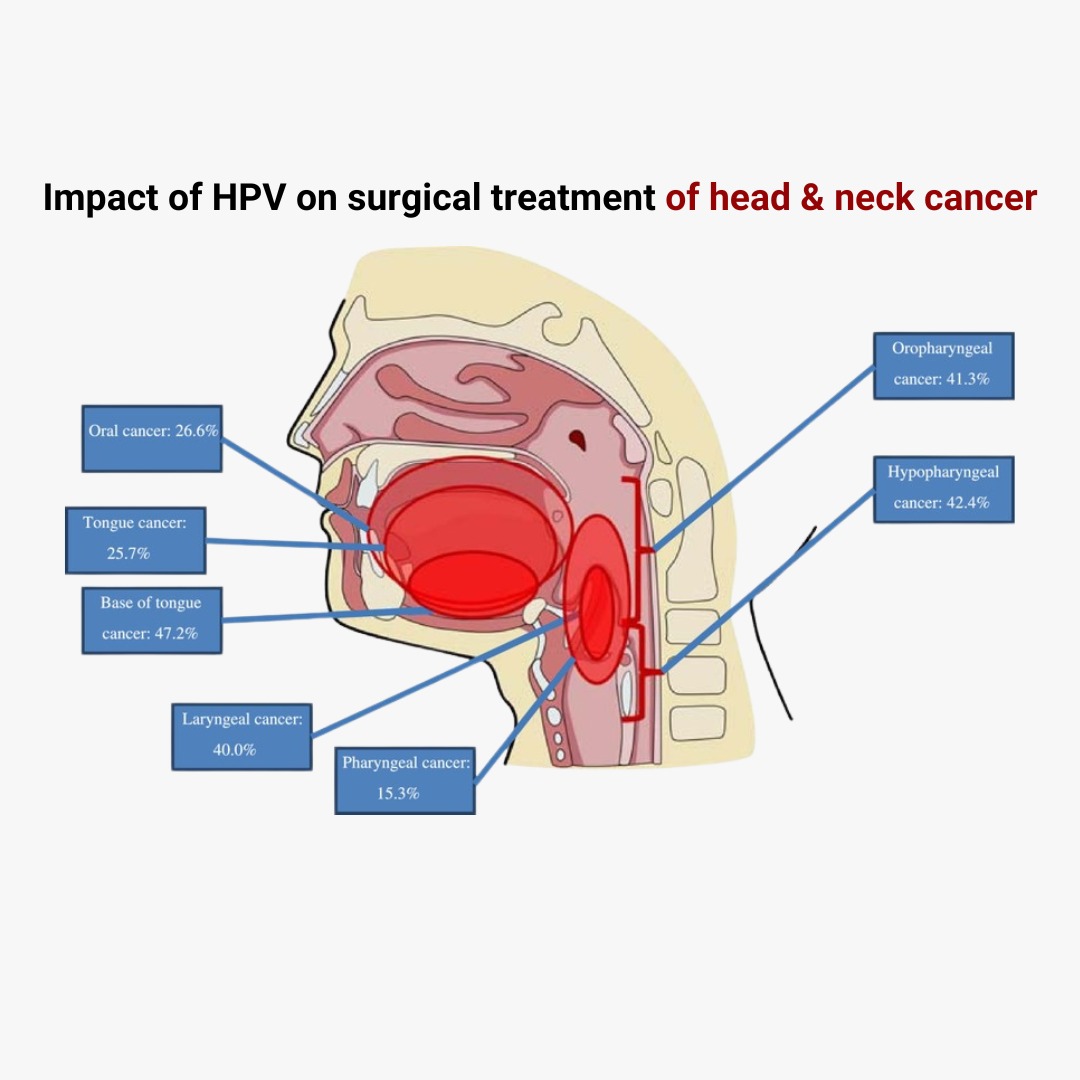When every bite becomes a challenge, food is no longer just about taste — it becomes part of the healing process.
Eating well during head and neck cancer treatment is not always easy. Patients often experience pain while swallowing, loss of appetite, changes in taste, dry mouth, or difficulty chewing. But nutrition plays a vital role in how well the body responds to treatment and how quickly it recovers.
Understanding what to eat, how often, and in what form can greatly improve your strength, immunity, and energy levels throughout your cancer journey. Let’s break down what makes up a healing diet and how to make meals manageable, even when eating feels difficult.
Why Nutrition Matters More During Treatment
Nutrition plays a foundational role during cancer treatment, not just for comfort, but for survival, strength, and recovery. Head and neck cancer treatments such as chemotherapy, radiation therapy, and surgery place a heavy burden on the body. These therapies are designed to eliminate cancer cells, but in the process, they also affect healthy tissues, especially those involved in eating and digestion. This makes it even more critical for patients to receive proper nourishment.
The Energy Drain You Cannot See
Your body is constantly working behind the scenes to heal from treatment-related damage. Fighting cancer increases your metabolism, which means your body burns more calories than usual, even when you’re resting. If your body doesn’t get enough fuel through food, it begins to break down muscle and fat to compensate, which can lead to severe weight loss, fatigue, and weakness.
The Consequences of Poor Nutrition
If you’re not getting adequate nutrition during this time, your body’s ability to cope with treatment is compromised. Some common effects include:
- Increased fatigue: You may feel exhausted even after light activity or sleep, which makes day-to-day tasks difficult.
- Unplanned weight loss: Losing too much weight, especially muscle mass, can make you more prone to infections and reduce your strength for treatment sessions.
- Delayed healing: Without the right nutrients, wounds (like surgical incisions or radiation-inflamed tissues) may take longer to heal, increasing the risk of complications.
- Compromised immunity: A weak immune system means your body will struggle to fight infections, which can further delay recovery.
- Interruptions in treatment: In severe cases, poor nutrition can cause treatment plans to be paused or modified, reducing their overall effectiveness.
Common Eating Challenges in Head and Neck Cancer
Patients may experience:
- Sore throat or mouth ulcers
- Difficulty swallowing (dysphagia)
- Dry mouth (xerostomia)
- Changes in taste or smell
- Nausea or loss of appetite
These symptoms can make even simple meals feel exhausting or uncomfortable. That’s why your diet must adapt to your treatment phase and how your body is responding each week.
Soft and Nourishing Foods to Start With
When chewing or swallowing becomes painful, opt for:
- Creamy soups, broths, or stews
- Mashed potatoes or blended vegetables
- Well-cooked cereals like oatmeal or dalia
- Yogurt, smoothies, or protein shakes
- Scrambled eggs or soft paneer
- Moist rice dishes with ghee or curd
These are gentle on the throat and packed with nutrients. Avoid spicy, acidic, or rough-textured foods that may irritate sensitive tissues.
You can explore more suggestions in this helpful video on the importance of diet during head and neck cancer treatment, where Dr. Amit Chakraborty shares practical advice on what works best for patients going through different treatment stages.
Hydration: The Unsung Hero
Treatments often lead to dehydration, which worsens fatigue, dizziness, and digestion issues. Sip fluids throughout the day in the form of:
- Water with electrolytes
- Coconut water
- Herbal teas
- Diluted fruit juices (non-acidic)
- Buttermilk or lassi
If plain water causes discomfort, try drinking liquids at room temperature and avoid citrus-based drinks.
Small, Frequent Meals Are Better Than Three Big Ones
Eating large portions may feel overwhelming when your appetite is low or your throat is sore. Instead, aim for 5 to 6 small meals a day. This helps:
- Maintain energy levels
- Reduce nausea
- Make eating more manageable
Set alarms if needed, or ask caregivers to assist with preparing and reminding you to eat.
High-Calorie and Protein-Rich Foods That Don’t Feel Heavy
Weight loss is common during treatment, but it’s essential to maintain body mass. Include calorie-dense yet soft options like:
- Peanut butter in smoothies
- Ghee or olive oil in khichdi or soups
- Full-fat milk or curd
- Eggs, tofu, or soft dals
- Protein powders as prescribed
To learn more on how to adjust your daily meals for both comfort and nutrition, refer to this blog on dietary tips for head and neck cancer patients. It covers practical ways to manage symptoms while maintaining your nutritional goals.
When Solid Food Isn’t an Option: Opt for Liquids
In some cases, chewing and swallowing become too painful. A temporary switch to a liquid diet might be needed. Nutrient-dense liquids can include:
- Blended soups with pulses and vegetables
- Smoothies with banana, oats, protein powder, and almond milk
- Fortified milkshakes with added supplements
- Vegetable broths with added olive oil for calories
Always consult with your doctor or dietitian before going on a full-liquid diet to make sure it meets your nutritional needs.
Say No to These: What to Avoid During Treatment
Some foods can worsen symptoms or interfere with treatment. Avoid:
- Spicy or heavily seasoned items
- Raw or undercooked foods
- Alcohol or tobacco (which slow healing)
- Acidic fruits like oranges, lemons, or tomatoes
- Caffeinated drinks if they cause dehydration
Also be cautious with hard foods like dry toast, nuts, or chips which can irritate your mouth or throat.
After Treatment: Rebuilding with Nutrition
Post-treatment recovery also relies heavily on nutrition. Focus on:
- Slowly reintroducing solid foods
- Building muscle through protein-rich meals
- Supporting digestion with fiber-rich fruits and vegetables
- Continuing hydration
- Managing long-term taste or appetite changes with variety
Working with a clinical dietitian can help you create a customized plan based on how your body has healed and what side effects linger.
Final Thoughts: Food Is Part of Your Healing Journey
Food can feel like an uphill battle during head and neck cancer treatment. But with the right plan and support, every meal becomes an opportunity to rebuild strength and move closer to recovery.
Be patient with your body. Healing takes time, and your ability to eat comfortably will return gradually. Surround yourself with loved ones who can support your meal routines, and never hesitate to ask for help from medical experts.
Dr. Amit Chakraborty offers holistic cancer care, including support for diet and recovery during head and neck cancer treatment. Our team can guide you through meal planning, symptom management, and overall wellness during your treatment journey. Visit the website now to book a consultation or explore more expert videos and blogs.






